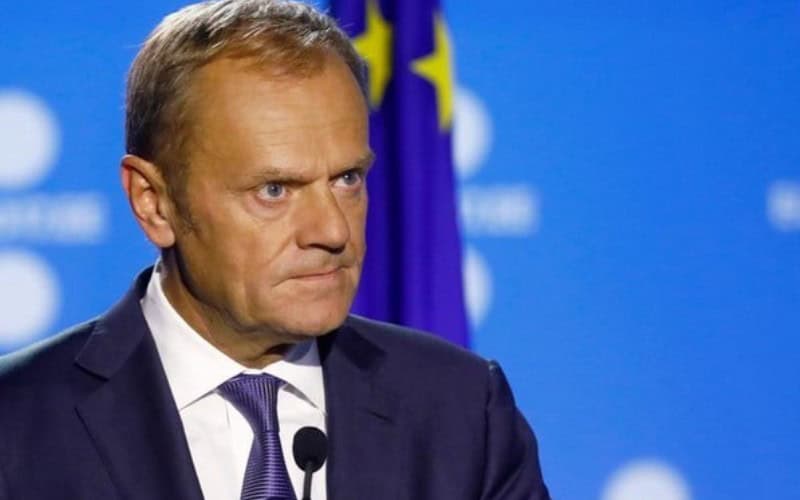Brussels: The European Council (EUCO”>EUCO) announced that the backstop in the endorsed Brexit Withdrawal Agreement was a “temporary insurance policy” to prevent a hard border in the Irish island while reiterating that the agreement was “not open for renegotiation” after the special meeting held here on Thursday (local time).
“The European Council underlines that the backstop is intended as an insurance policy to prevent a hard border on the island of Ireland and ensure the integrity of the Single Market. It is the Union’s firm determination to work speedily on a subsequent agreement that establishes by 31 December 2020 alternative arrangements, so that the backstop will not need to be triggered,” an official statement released by the EUCO”>EUCO mentioned.
“The European Council also underlines that, if the backstop were nevertheless to be triggered, it would apply temporarily, unless and until it is superseded by a subsequent agreement that ensures that a hard border is avoided,” the statement further underscored.
“In such a case, the Union would use its best endeavours to negotiate and conclude expeditiously a subsequent agreement that would replace the backstop, and would expect the same of the United Kingdom so that the backstop would only be in place for as long as strictly necessary.”
The EUCO”>EUCO firmly stood by the Withdrawal Agreement that was endorsed on November 25 this year and confirmed that the council intends to proceed with its ratification.
The council also called for taking into account all possible consequences of the United Kingdom’s withdrawal from the European Union (EU) while intensifying preparedness at all levels.
EUCO”>EUCO President Donald Tusk delivered these conclusions after the meeting, where the EUCO”>EUCO also outlined their wish to establish a close partnership with the UK after the withdrawal.
The special meeting came in the wake of UK Prime Minister Theresa May halting the Parliamentary vote on the Withdrawal Agreement which was scheduled on December 11 in order to rally for a stronger agreement that allayed the fears put forth by scores of Members of Parliament (MP’s) during the debate on the Brexit agreement which had started on December 4.
The British Prime Minister has since survived a vote of no-confidence against her by disgruntled lawmakers of the Conservative Party over her handling of the Brexit negotiations. She made a whirlwind tour on Tuesday to meet EU leaders, including Tusk, to discuss the Brexit deal and see “what is needed to get the Brexit deal over the line”.
May had earlier announced that she would not be leading the Conservative Party into the next general election scheduled for May 2022.
In 2016, over 50 per cent of the UK electorate voted to leave the EU, following which the British government had triggered Article 50 of the Lisbon Treaty, beginning the country’s process of its exit from the European bloc.
The UK is set to leave the EU on March 29 next year, following which it will move into a 21-month long transitional period with the EU.
[source_without_link]ANI[/source_without_link]

